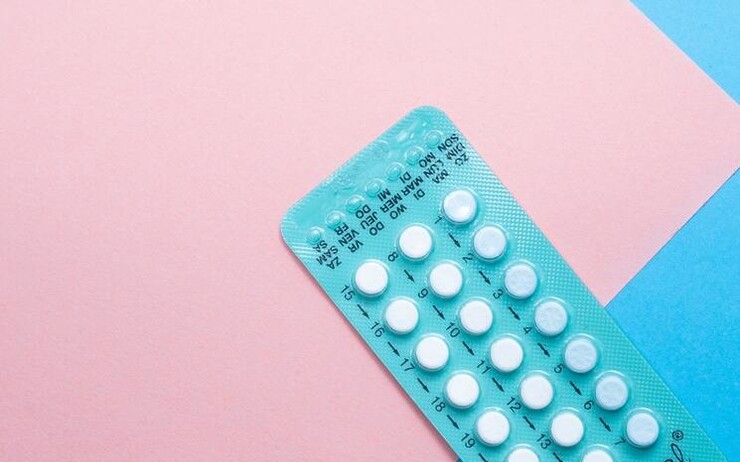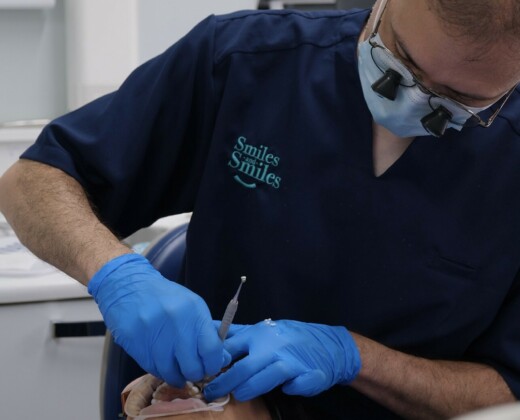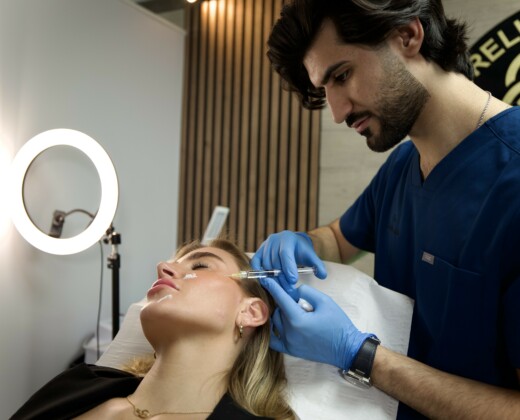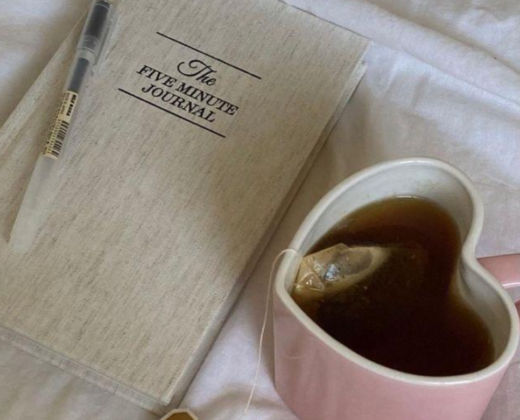Photo Credit:Reproductive Health Supplies Coalition/Unsplash
Coronavirus and quarantine have meant many parts of our lives have changed or have been put on hold over the last year, our sex lives included. For the most part, unless you’ve isolated with your partner, the last few months have been spent alone, which is why discussions about coming off the pill have grown. But these things can be confusing, with so many different pills and so many rumoured effects and horror stories.
So we’ve enlisted the help of Dr. Jolene Brighten, naturopathic physician, author and leader in women’s health. Known for her writing on her website, Instagram and TikTok, Dr. Brighten has answered our contraception questions to help you make a decision on the right path for you during the pandemic.
A lot of women have decided to come off the contraceptive pill recently. What’s your medical opinion on this, do you think this is a good idea generally?
Coming off the pill is always a woman’s choice. If you’re not sexually active or require the pill for any medical reason then there is no medical reason to continue it. It can be a great opportunity to get to know your body and who you are off of the pill. Given how much more time we have at home to focus on our nutrition and overall health, some women feel this is the best time for them to stop birth control and support their hormones in a more holistic way.
Of course, the combined pill isn’t only used for its birth control properties, what other proven benefits are there that might make women consider staying on the pill?
The pill has been shown to be beneficial in some cases of acne, dysmenorrhea (period cramps), and premenstrual dysphoric disorder (PMDD). In those cases, a woman may consider staying on the pill to help her manage her symptoms.
Is there a risk when coming off the pill?
For the most part, there is no risk in coming off of birth control.
What side effects are there for coming off?
When discontinuing hormonal birth control you may experience a return of symptoms you were managing while on it or the return of completely new symptoms. But there are also beneficial side effects for some women, like the return of their libido, better moods, and less yeast infections.
One of the most googled questions around stopping the pill is if all the changes to your weight, mood, and skin stop happening when you come off, do they?
This is very individualized. For some women, their mood, skin, and weight improve when they come off. For others, they need support from a practitioner or to implement some of the therapies I discuss in my book, Beyond the Pill, in order to resolve their symptoms.
How can we come off it safely?
If you are sexually active, having a backup method to protect against pregnancy is the first step. With the pill specifically, you’ll finish out your pill pack and then not start a new one. If you were using the pill due to acne or other symptoms, supporting your body prior to coming off with nutrition and lifestyle therapies can help reduce the rebound symptoms that can occur when stopping. If you began it solely for pregnancy prevention then you can come off when you’re ready and support your body as needed in the transition. Generally, eating more cruciferous vegetables that support hormone metabolism, including healthy proteins and fat in the diet to optimize blood sugar, and ensuring you’re getting quality sleep can all go a long way in feeling your best as you come off.
General advice when considering birth control pills is not to stop and start, why?
If you suffer from severe PMDD, it is best to be in communication with your provider before you stop. In cases of endometriosis, it is important to have a pain management strategy if the pill has been helping you with your condition. If you know you have a family history of clotting disorders or you have a personal history of depression, it’s best to talk to your provider about alternatives to the pill.
For the women thinking of stopping momentarily, what advice would you give?
Track your cycle and your symptoms before you quit and after. Get curious about who you are off of birth control. Making notes about your health off of birth control can help you make an individualized decision about whether the pill is right for you or not. This is also a great time to begin Fertility Awareness Method (FAM) as a way to learn about your body and perhaps use as your future pregnancy prevention method.
Are there other contraceptives and birth control methods that would be safer to switch to when we’re ready to begin birth control again?
The best birth control for you is a question that only you can answer with the guidance of your provider. If you’re looking for a non-hormonal option, consider the copper IUD, barrier methods like condoms, or the new contraceptive gel Phexxi. It’s important to evaluate the risk of pregnancy if this is something you’re wanting to avoid. IUDs are hands down the most effective birth control at preventing pregnancy, but even they have a small percentage of failure.
Do you have any other advice for women in this situation?
Talk to your provider about what your needs are. If you have a history of painful, heavy periods, depression, cardiovascular issues, or any other health condition then it is important to discuss this with them as well. Track your symptoms so you can have a comprehensive conversation and continue to track after you start birth control so you can discuss any changes with your provider.
To learn more about Dr. Brighten’s work and writing, her site can be found here and for more general information on contraception by the NHS, visit here.
Words By Daisy Greetham








